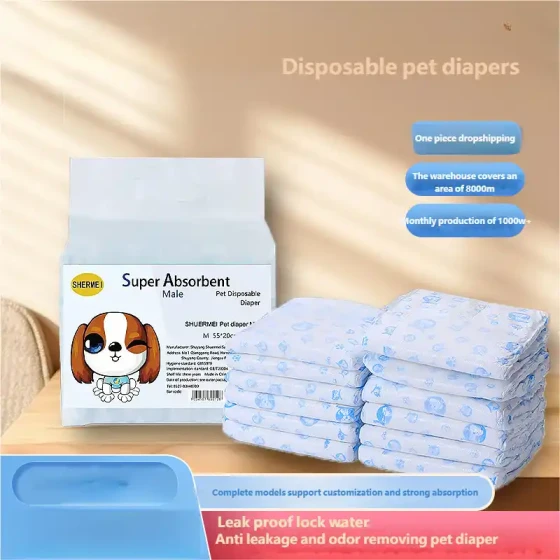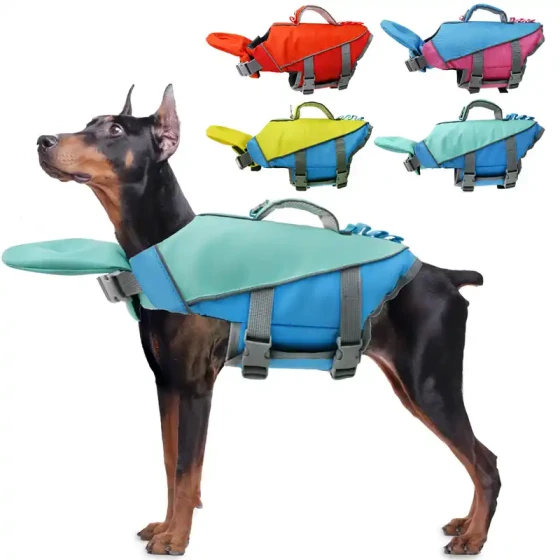What are the remedial measures for dog vaccine failure

If the dog is already sick, do not vaccinate it
A large portion of dogs die every year from infectious diseases, despite the availability of vaccines that can better prevent such diseases. However, the success rate of vaccination is not 100%, and even vaccinated dogs may experience failure. If failure occurs, relevant remedial measures need to be taken.
1. Causes of vaccine failure
1. Genetic factors
Different dogs have varying immune responses. Even within the same breed, individual dogs' immunity to the same vaccine differs. Some dogs may have congenital immune deficiencies, resulting in immune failure.
2. Maternal antibody interference
Puppies with high maternal antibodies will have their vaccine immunity interfered with, while those with low maternal antibodies might be in a latent infection period of infectious diseases when vaccinated, causing immune failure.
3. Substandard vaccine quality
Using unofficial vaccines, vaccines with improper weight or poor quality, expired vaccines, or inaccurate dosing can all affect vaccine potency and immune effectiveness, even leading to immune failure.
4. Missed injection during vaccination
Due to operational errors, staff may miss the injection during vaccination, resulting in insufficient dose administered.
2. Related remedial measures for vaccine failure
1. Enhanced nutritional supplementation
Pay more attention to feeding management, provide complete balanced dog food, ensure adequate protein nutrition, suitably supplement vitamins and various trace elements, reduce various stress factors, deworm properly, enhance physical fitness, and improve the dog's disease resistance and immunity. However, avoid excessive feeding to prevent obesity due to overnutrition.
2. Rational medication
If the dog is already sick, treatment should be based on the disease characteristics. Do not blindly try on your own; rational use of medication is important because improper medication can severely damage the dog's liver and kidneys.

Vaccines need to be administered every year
3. Adjust immunization methods
Refer to the immunization schedule recommended by the vaccine instructions, and develop a scientific and reasonable immunization schedule based on local epidemic patterns, the dog's characteristics and management conditions, as well as vaccine types and properties.
4. Do not vaccinate sick dogs
Some owners mistakenly think vaccination will solve illness. This is incorrect; vaccinating while the dog is ill will only worsen the dog’s condition.
3. How to minimize vaccine failure
1. Understand vaccination precautions
First, ensure the vaccine is official and that the dog's health status is good when vaccinated; otherwise, even otherwise normal dogs may become infected with transmissible diseases.
2. Newly purchased dogs need a period of rest
Unvaccinated puppies entering a new environment need to gradually adapt their diet and rest. Newly bought puppies should first acclimate to the new environment, and only after a period of normal behavior should you take them for vaccination.
3. Vaccines need to be administered annually
Some owners mistakenly believe that after the first-year vaccination, further vaccinations are unnecessary. This is incorrect because vaccine protection duration is limited; dogs need booster vaccinations on schedule to enhance immunity.



